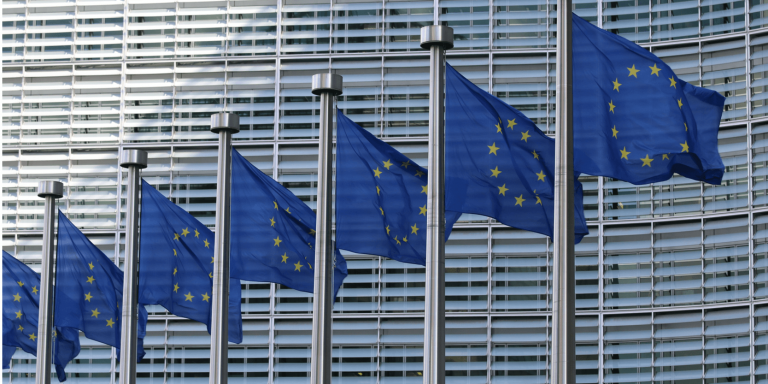
European standards are adopted by the three European Standards Organisations (ESOs): the European Committee for Standardisation (CEN), the European Committee for Electrotechnical Standardisation (CENELEC) and the European Telecommunications Standards Institute (ETSI). While the European Commission previously included the technical standards of all three bodies to implement the European AI law, its draft standardization request of December 5 only concerns CEN and CENELEC.
On February 2, the Commission presented a new standardization strategy in which it outlines its approach to standards within the single market and globally. This strategy is accompanied by a proposal to amend the regulation on standardization, recalling that CEN, CENELEC and ETSI are the only organizations that can issue standards and standardization deliverables.
Stressing the importance of harmonized technical standards for the European market and global competitiveness, particularly in the face of China and the United States, Margrethe Vestager, Executive Vice President for a Europe fit for the digital age, said:
“Efforts to ensure that data used for artificial intelligence is protected or that mobile devices are protected from hacking are standards-based and must be consistent with the EU’s democratic values. Similarly, we need standards to implement important investment projects, such as those on hydrogen or batteries, and to leverage investments in innovation by giving EU companies a crucial first-mover advantage.
The proposal to amend the standardisation regulation aimed to improve the governance and integrity of the European standardisation system. The Commission requested that requests to the European standards organizations be handled by their national delegates from the EU and EEA member states “in order to avoid undue influence from actors from other countries in the development of standards for key areas, such as cybersecurity or hydrogen standards. On the other hand, it invited the European standards organizations to modernize their governance structures and stated its objective to include civil society, users and SMEs, for whom the conditions for standardization should be more favorable.
A lesser role for ETSI
On December 5, the Commission published the ” Draft standardization request to the European standardization organizations in support of Safe and Reliable Artificial Intelligence” addressed to CEN and CENELEC.
CEN and CENELEC had decided to come closer together in 2007 and created a joint working group in 2010, the CEN-CENELEC Management Centre (CCMC), published a joint 2030 standards strategy last year, and last June, created a joint technical committee dedicated to AI. The two organizations also have agreements with the International Organization for Standardization (ISO) and the International Electrotechnical Commission (IEC), some of whose standards may be adopted as part of this application.
ETSI, on the other hand, has been criticized by the European Commission for allowing itself to be influenced by non-European players and for being slow to review its governance structures.
The request was therefore addressed only to CEN and CENELEC, which will nevertheless be able to consult ETSI for certain specific work, particularly that related to security.
Translated from Selon le projet de demande de normalisation de la Commission Européenne, l’ETSI ne jouera qu’un rôle mineur









